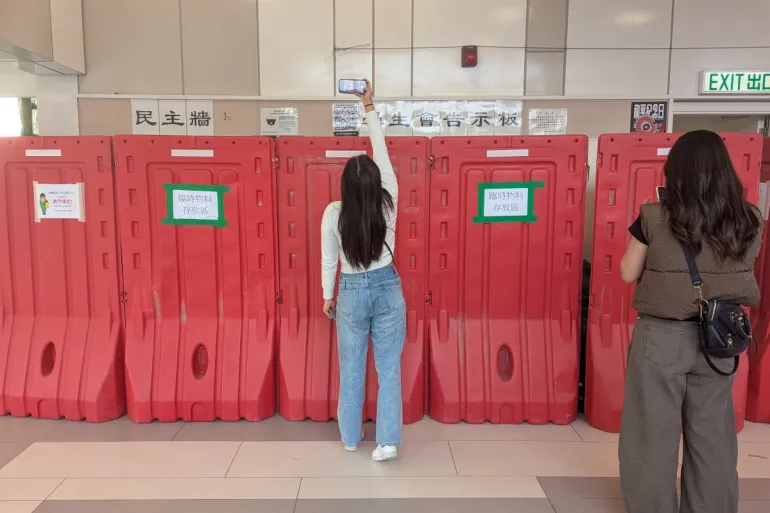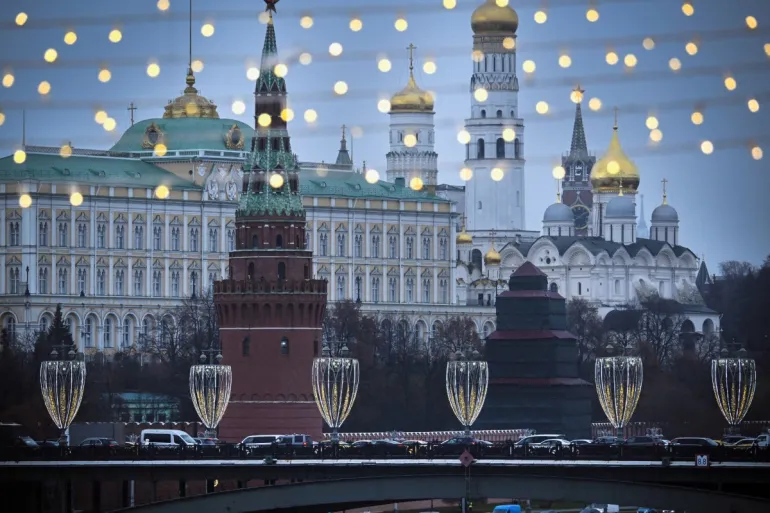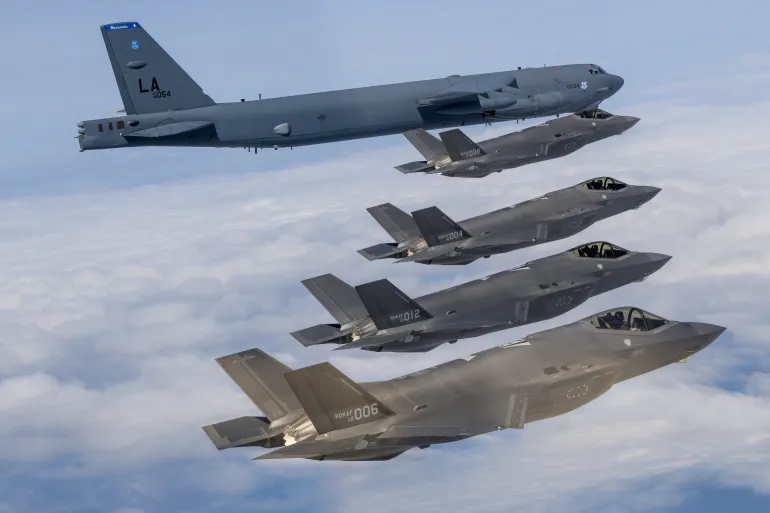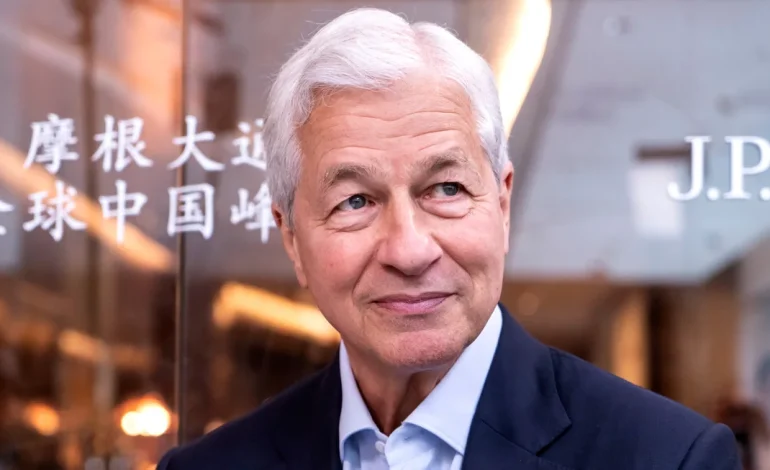JPMorgan Chase CEO Jamie Dimon is warning that the US economy remains vulnerable to stagflation—a rare and challenging economic condition characterized by stagnant growth and persistently high inflation.
In a recent interview with Bloomberg Television during JPMorgan’s China Summit in Shanghai, Dimon said he is not predicting stagflation outright but emphasized that policymakers and markets should be prepared for such a scenario.
“There’s a chance that [we’ll] have stagflation,” he said. “We have to be prepared for something like that.”
Stagflation is often viewed as one of the most difficult economic situations to manage. It places central banks in a dilemma: raising interest rates to curb inflation can weaken growth and raise unemployment, while cutting rates to stimulate the economy may accelerate inflation further.
Dimon cited several factors that could contribute to inflationary pressures globally, including rising government budget deficits, geopolitical tensions, and disruptions to global trade.
“Global fiscal deficits are inflationary. The remilitarization of the world is inflationary. The restructuring of trade is inflationary,” he said, adding that these are not issues isolated to the United States.
His comments come amid growing concerns about the fiscal trajectory of the US government. The Congressional Budget Office has projected that a proposed tax reform bill backed by former President Donald Trump would add trillions of dollars to the national debt. Last week, credit rating agency Moody’s downgraded the US government’s credit outlook, citing a growing debt burden.
Dimon also expressed skepticism over recent market optimism, suggesting that investors may be underestimating the economic impact of continued tariff policies and broader geopolitical tensions.
“Markets are showing an extraordinary amount of complacency,” he warned.
While the US Federal Reserve has held interest rates steady since January, Dimon supported the central bank’s cautious stance, saying it is prudent to wait for more data before making further moves.
“They also have to follow the facts,” he said. “The [US] economy has been doing well… but that does not tell you what the future’s going to be.”
Despite acknowledging the effectiveness of recent monetary policy in avoiding a recession, Dimon maintained that the path ahead remains uncertain. He also suggested that a decline in oil prices could serve as a counterweight to some inflationary forces, although it may not be enough to offset broader trends.
Dimon’s remarks follow a series of warnings he has issued in recent weeks, including the possibility of a recession and ongoing volatility tied to international trade tensions. Even as other institutions have upgraded their economic outlooks, the CEO of America’s largest bank continues to advise caution.
At the same time, Dimon praised China’s economic development efforts, noting the country’s success in lifting millions out of poverty. While reaffirming his patriotic stance as a “red-blooded American capitalist,” he acknowledged China’s economic achievements as part of a broader, interconnected global landscape.
With input from CNN and Business Insider.










The latest news in your social feeds
Subscribe to our social media platforms to stay tuned